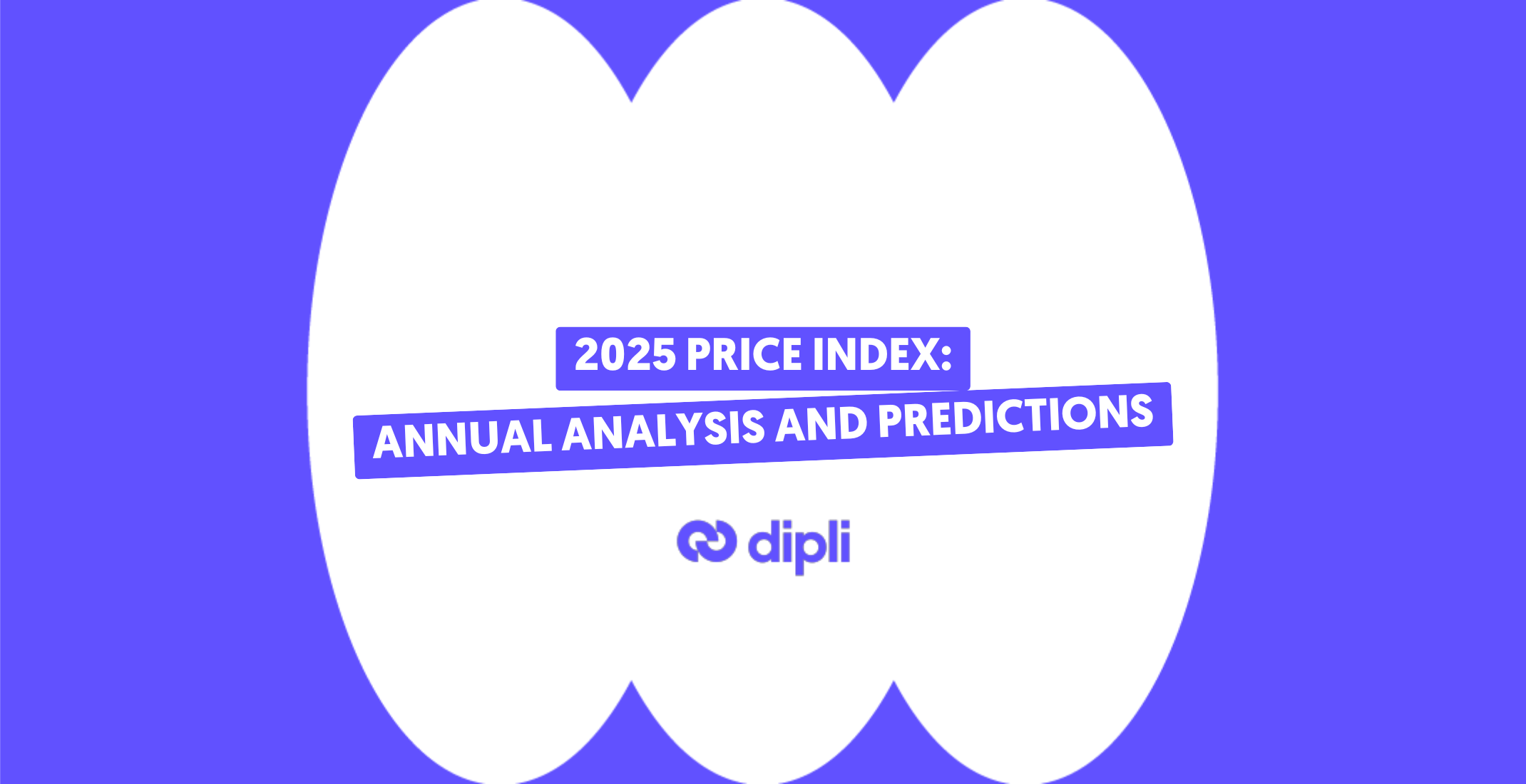Data erasure, an essential step in reconditioning
15/02/2024
0 comments

Refurbished appliances are becoming increasingly popular with consumers looking to buy electronics at lower cost. Indeed, this method allows for giving a second life to used or obsolete devices while offering buyers quality products at attractive prices.
However, refurbishing does raise a number of questions, particularly in terms of data security. Consumers may wonder if the refurbished smartphones or any other refurbished devices they purchase still contain personal data, which could potentially be retrieved by malicious individuals. This is why data erasure is an essential step in the reconditioning process. It ensures that the personal data of former owners is permanently deleted, and can no longer be recovered.
By visiting just ten of the most popular sites in France, the UFC-Que Choisir association found that users' personal information was shared more than 4,000 times with around 1,000 different entities.
In this article, we'll look at why data erasure is so important in the refurbished market, and how it's carried out.
Market context
.png?width=214&height=214&name=Samsung%20Galaxy%20Tab%20S5e%2010.5%2064Go%20Wifi%20(9).png)
Data erasure plays a central role in protecting sensitive information. In 2023, we are witnessing a fascinating trend where the average cost of a data breach has seen a significant increase of +10%, highlighting the growing urgency for effective solutions.
The sectors most affected by these security challenges are clearly defined:
- Healthcare with a 25% increase,
- Government at 23%,
- and Finance at 16%.
These figures remind us that the need for rigorous data protection extends to critical areas of our society.
The spectrum of data exposure is also widening, with a remarkable 15% increase compared to 2022. This impressive figure encompasses 1.8 billion individuals, underscoring the scale of the global information security challenges.
Faced with these realities, businesses and organizations are presented with a strategic imperative: to invest in reliable and robust data erasure solutions. It is in this context that the data security industry truly comes into focus, offering cutting-edge technologies to counter persistent threats.
-
The regulatory framework
At the heart of the repackaging process, data erasure emerges as a critical and unavoidable step, set within a strict regulatory framework. In accordance with the European Union's General Data Protection Regulation (GDPR), organizations engaged in repackaging must put in place technical and organizational measures to guarantee the rapid deletion of personal data when it is no longer required for its original purpose. This requirement aims to ensure the confidentiality and security of information, while respecting the fundamental rights of individuals..png?width=600&height=200&name=Cream%20Modern%20Quick%20Tips%20Canvas%20Button%20(75).png)
-
The principle of minimization requires companies to collect only data that is strictly necessary for the purposes for which it is processed. Data must also be kept for a limited period, proportionate to the purpose of the processing.
-
The principle of transparency requires that data subjects be clearly and concisely informed about the processing carried out on their data. In particular, companies must provide precise information on the identity of the data controller, the purposes of the processing, the length of time the data will be kept, and the rights available to the data subject.
- The principle of integrity and confidentiality requires companies to put in place appropriate technical and organizational measures to guarantee a level of security commensurate with the risks presented by the processing. These measures may include data encryption, pseudonymization or the implementation of an information security management system (ISMS).
Similarly, national legislation, such as France's Loi Informatique et Libertés (LIL), emphasizes the importance of taking appropriate measures to ensure data security, including erasure. In France, the LIL was enacted in 1978, and has undergone a number of amendments over the years to keep pace with technological developments and the growing challenges of personal data protection.
-
The risks associated with corporate data protection
.png?width=370&height=370&name=Samsung%20Galaxy%20Tab%20S5e%2010.5%2064Go%20Wifi%20(10).png)
Corporate data protection risks are many and varied. They can lead to financial loss, reputational damage, legal sanctions and lost business opportunities. They include :
- Leakage of confidential data : this is the main cybersecurity threat. It can lead to financial losses, reputational damage and legal sanctions.
- Non-compliance with the RGPD: it can lead to financial penalties of up to 4% of sales or €20m. In some cases, it can even lead to an administrative ban on the implementation of non-compliant processing.
- Loss of business opportunities: customers and investors may turn to other companies if they fail to comply with data protection rules.
- Compliance risks: companies need to be able to deal with requests for the right to be forgotten and other data protection requests.
-
Data erasure methods
.png?width=331&height=331&name=Samsung%20Galaxy%20Tab%20S5e%2010.5%2064Go%20Wifi%20(11).png)
-
Degaussing is a technique involving the use of an intense magnetic field to erase data stored on a hard disk drive (HDD) or SSD. However, it is only moderately effective, particularly on SSDs.
-
Reset" resets the parameters of an electronic device, but offers little security in terms of data erasure.
-
Zeroing" is a method in which all data is replaced by zeros, applicable to HDDs and SSDs. Although moderately effective, its level of security is considered low.
-
Overwriting" is a more robust approach, where existing data is replaced by new data. This method is particularly effective on HDDs, although its effectiveness is limited on SSDs.
-
Shredding remains one of the safest methods. It consists in physically destroying the storage medium, thus guaranteeing maximum security. This technique is particularly effective in preventing data recovery, offering a robust solution for the protection of sensitive information.

-
Environmental impact
- If we add up the files, photos, e-mails and other data stored by the billions in data centers, as well as the manufacture and recycling of equipment, the energy bill is enormous. Today, the digital sector accounts for between 3% and 4% of GHG emissions worldwide, and 2.5% of GHG emissions in France. Would you like to reduce your impact on the environment? We have the solution by offering you refurbished products.
-
-
- We'll let you discover them right here 👇
-
Dipli simplifies the second life of electronic products.
An all-in-one tool for distributors, leasing companies, telecom operators and companies to manage the entire value chain in one place.
The platform connects the electronics industry to secondary markets; simply and securely. Trade-in and return management, refurbishment, omni-channel purchasing and distribution: Dipli covers and simplifies all stages of the circular economy.





Comments (0)